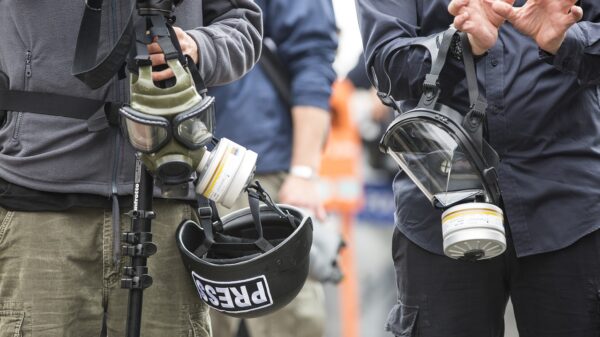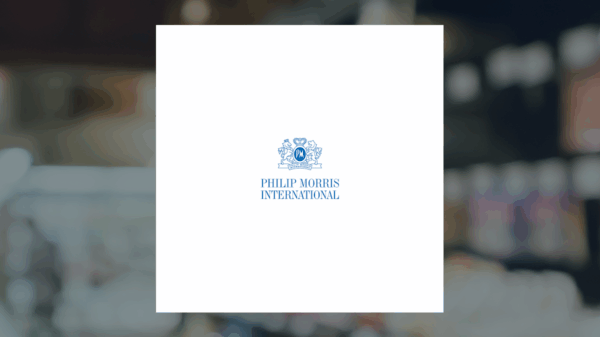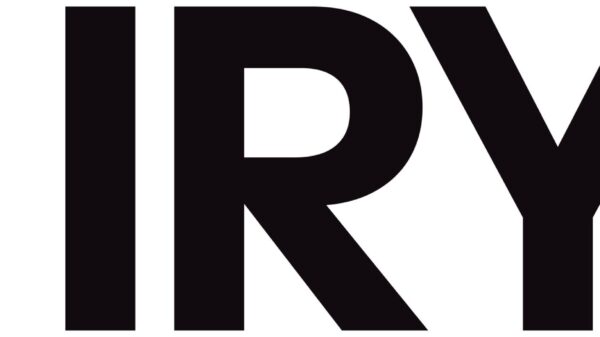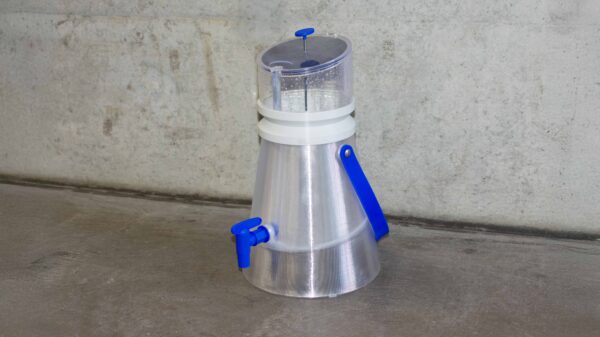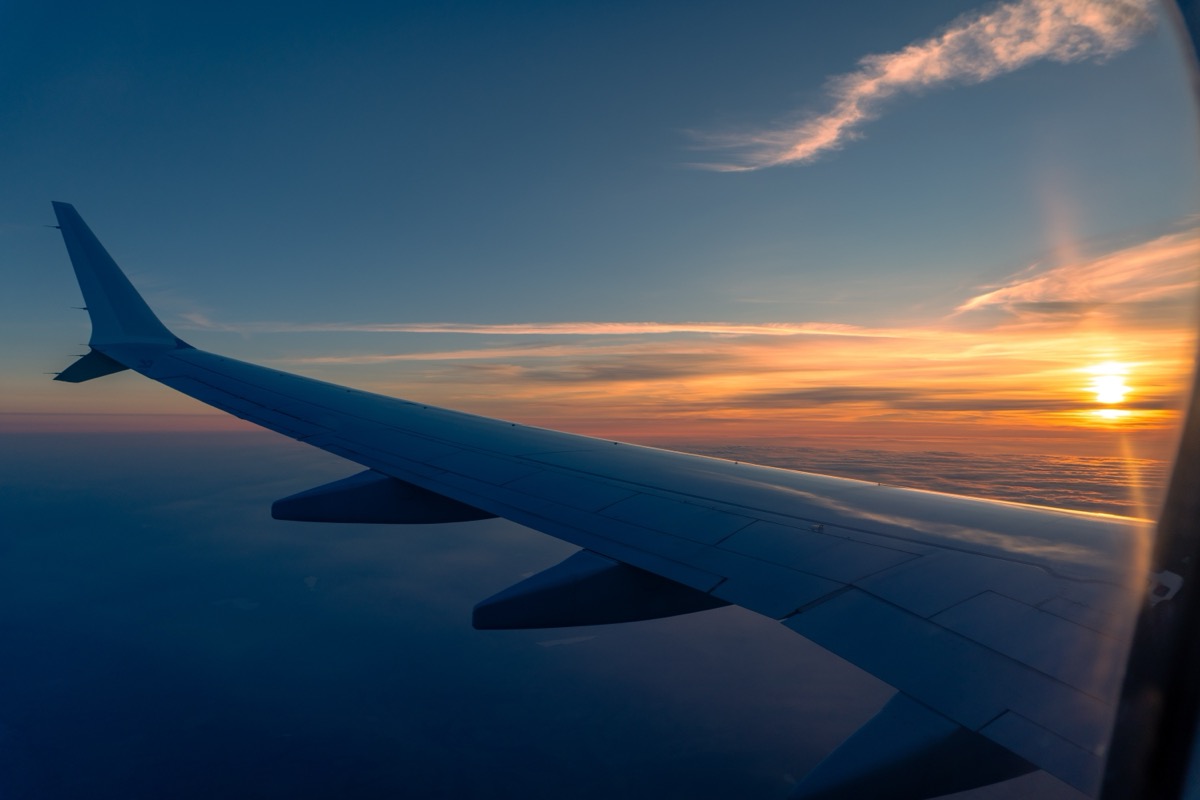Traveling across time zones can disrupt your body’s natural rhythms, leading to the common issue of jet lag. Recent insights suggest that flying eastward, such as from the United States to Europe, tends to produce more severe symptoms than traveling westward. According to health experts, this phenomenon occurs because eastward flights require travelers to shorten their day and adjust their sleep schedule in a way that conflicts with their body’s natural inclination to stay awake longer.
Understanding how jet lag affects individuals can help mitigate its impact. When flying east, travelers often face a struggle to get to bed earlier, which can lead to difficulty in falling asleep and staying rested. In contrast, westward travel generally allows for a gradual adjustment to the new time zone, as it involves lengthening the day and often aligns better with the body’s existing sleep patterns.
Strategies for Minimizing Jet Lag
To combat the effects of jet lag, several strategies can be employed. First, adjusting your sleep schedule a few days before departure may help. Gradually going to bed and waking up 30 minutes earlier each day can ease the transition to the new time zone. This proactive approach allows the body’s internal clock to begin adapting before travel.
Staying hydrated is also crucial. Air travel can lead to dehydration, exacerbating the feelings of fatigue associated with jet lag. Drinking plenty of water during the flight and avoiding excessive caffeine and alcohol can help maintain hydration levels, supporting overall well-being.
Another effective strategy is to expose yourself to natural light upon arrival. Sunlight helps regulate the body’s circadian rhythm, making it essential to spend time outdoors in the new location. This exposure can signal to your body that it is time to be awake and alert, aiding in the adjustment process.
Utilizing Technology and Resources
In today’s digital age, several apps and resources are available to help travelers manage jet lag. Tools that provide personalized sleep schedules or reminders for hydration can be particularly beneficial. Some travelers also turn to wearable technology to monitor their sleep patterns, gaining insights that can inform their travel behavior.
Health experts, including sleep specialists, emphasize the importance of listening to your body. If you feel tired, it may be best to take a short nap rather than pushing through the fatigue. Short naps can recharge your energy levels without significantly impacting your ability to sleep later in the evening.
In conclusion, while jet lag can pose challenges for travelers, understanding its causes and employing effective strategies can significantly ease its effects. By preparing for travel, staying hydrated, and utilizing available resources, individuals can make their journeys more enjoyable and less disruptive. As travel continues to be a significant part of both personal and professional life, mastering the art of overcoming jet lag is essential for a smoother transition across time zones.









